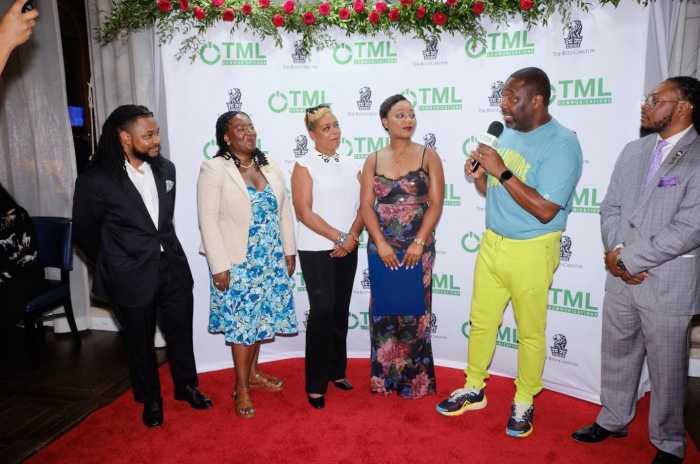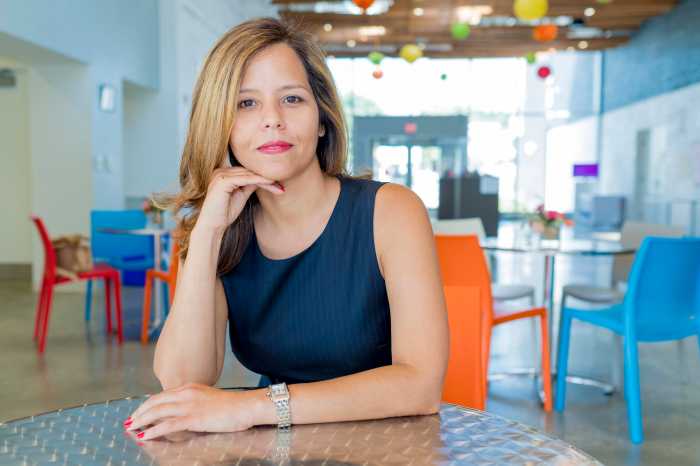On Monday, June 3, the U.S. Court of Appeals for the 11th Circuit blocked the Fearless Fund grant contest, which awarded grants exclusively to Black women entrepreneurs.
With the forthcoming Juneteenth holiday, this incorrect decision raises questions about how much freedom Black businesses such as Fearless Fund have.
The appeals court decision means that a Black-owned business, the Fearless Fund, cannot give $20,000 grants to Black women business owners who apply to their program. The money for these grants comes from Fearless Fund itself, not any government program.

The plaintiff in the case, a group called the American Alliance for Equal Rights, files lawsuits throughout the United States seeking to undo programs and policies for minorities. This includes the challenge to Harvard and other colleges’ use of affirmative action that was struck down by the Supreme Court last year.
The decision against Fearless Fund was 2-1, with the majority deciding that blocking the program that supported Black women was appropriate. The dissenting opinion said a number of interesting things that stand out.
Judge Rosenbaum, who disagreed with her colleagues, said that the American Alliance for Equal Rights lacked standing to file a lawsuit because none of its members had applied for the grant program.
In federal court, there are longstanding rules designed to prevent courts from issuing advisory opinions. Rather, federal courts only decide cases that have standing, referred to as hearing-only cases and controversies.
Judge Rosenbaum began her portion of the opinion (page 27) by comparing the American Alliance for Equal Rights to a soccer player flopping or “manufacture a foul that a player hasn’t actually experienced to manipulate the referee into inappropriately exercising his power to award a penalty kick.”
Judge Rosenbaum goes on to say that her colleagues in the majority misinterpreted the controlling Supreme Court caselaw and should not have granted the preliminary injunction halting the grant program.
This lawsuit against Fearless Fund is one of a string of attacks against diversity, equity, and inclusion (DEI) programs in corporate America, schools, and higher education in recent months.
For example, the American Alliance for Equal Rights sued the Smithsonian’s National Museum of the American Latino arguing that the museum needed to make its Latino-focused internship program to students of all races and ethnicities. Facing mounting legal fees and uncertainty over the outcome, the museum settled the lawsuit in March.
Civil rights attorney Ben Crump said that this lawsuit “the Fearless Fund faces against grants to fund Black women-owned businesses will have a chilling effect on not only women and women of color but on diversity itself in America.”
Fearless Fund’s attorney, Alphonso David, told TechCrunch, “As the dissenting judge pointed out, the discrimination in access to funding that Fearless Foundation seeks to address is long-standing and irrefutable. This is the first court decision in the 150-plus year history of the post-Civil War civil rights law that has halted private charitable support for any racial or ethnic group.”
The court decision raises an important question. Why can’t Fearless Fund support anyone it wants with its money?
The CEO of Fearless Fund, Arian Simone echoed the same sentiment. Simone told TechCrunch, “America is supposed to be a nation where one has the freedom to achieve, the freedom to earn, and the freedom to prosper. Yet, when we have attempted to level the playing field for underrepresented groups, our freedoms were stifled.”
Simone further said, “We must keep up this fight for the next generation of girls who deserve to grow up in an America that lets them realize their dreams instead of outlawing them.”
With Juneteenth coming on June 19, there is a serious question of whether or not we are free to do as other groups have done after everything we have collectively been through.
We’ll have to save the outcome of the Fearless Fund grant program for another column. As always, keep fighting for what you believe in as well as your goals.
Teresa M. Lundy is the principal and founder of TML Communications, the award-winning strategic public relations, crisis communications, and community engagement firm serving corporations, nonprofit organizations, and government agencies. Follow Teresa on Twitter @TeresaMLundy.



























